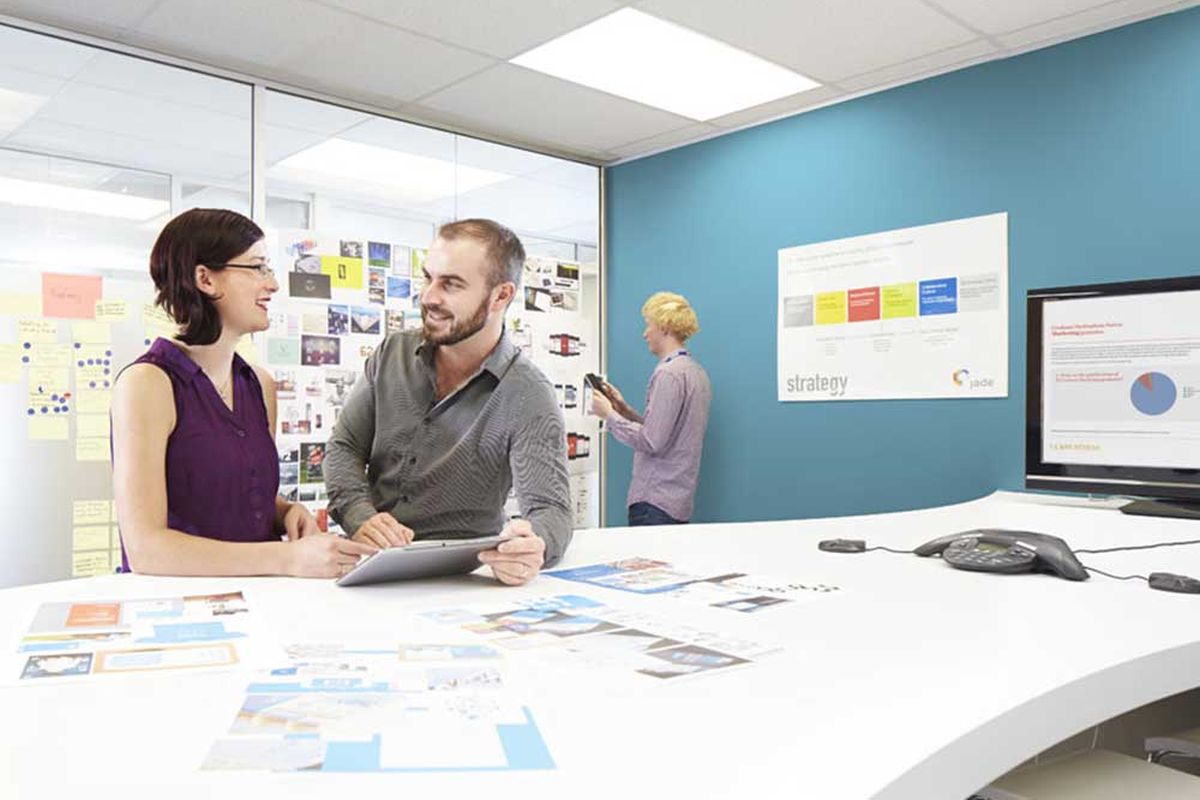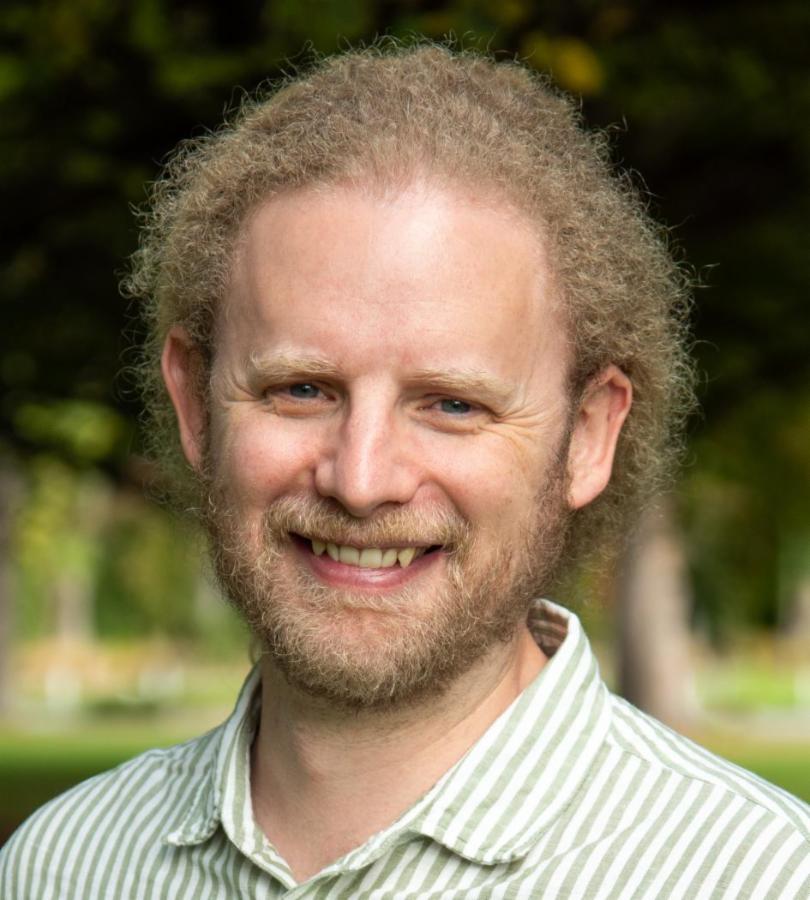In the following, the timeline is given as defined in an academic year at UC: Each semester is made up of 12 teaching weeks. In the middle of each semester (i.e. between week 6 & 7 ) there is a mid-semester break. At the end of each semester, students have one week called the study break, then two weeks called the examination period. Students also have a mid-year break after their exams. More details here.
How it works
- Projects run during the academic year from February to October with students presenting sponsors with a report and final presentation upon completion.
- Projects will focus on providing answers to research questions, providing students in-depth experience in researching complex, open-ended software engineering problems, and developing and evaluating potential solutions.
- Projects aimed at developing software prototypes are also accepted when they contribute to a research and innovation objective, and/or the project development includes the following activities: elicitation of measurable requirements, review of the state-of-the art, definition of design alternatives and selection criteria, evaluation of the proposed solution.
- Industry sponsors indicate their interest in particpating by December the prior year, and submit a project proposal by mid January of the relevant year.
- After consulation with students about the projects available, the course coordinator assign a students, an academic supervisor, departmental laboratories and resources and technical staff.
- Sponsors make a contibution of $2500 + GST per student to the department.
Types of projects
- Mobile apps
- Computer vision applications
- Technology evaluation and assessment
- Route mapping
- Web applications
- Cyber security
- Computer graphics
- Data analysis and visualisation applications
- Applications that use Artificial Intelligence and Machine Learning
- Educational or training software apps
- Virtual reality
Benefits for industry sponsors
- Advanced projects for minimal investment
- Mentoring opportunities to steer the project for maximum benefit to your company
- Establishing a network with our department for future collaboration
- Identification of top graduates for recruitment
- Developing students for summer internships
- Contributing to the University for the benefit of wider Canterbury.
Project Timeline
The first stage of the course consists of gathering project proposals from industry. Here are some guidelines about what is expected from industry for the project proposal: a 1 to 2 pages document containing the following.
- project title
- partner's institution, point(s) of contact: name(s) and email address(es)
- A logo
- pre-requisite knowledge to take the project: could be simply "interest in .." or "basic/intermediate/advanced knowledge in ..." or a list of taken courses or being enrolled in a related 400-level course.
- number of students: we typically encourage individual projects... but you can request several students if there will be a fork early in the project from which each student works individually on a part of the project.
- [optional] a brief presentation of the company, typically one to two paragraphs of a couple of sentences.
- a brief description of the context. Could be useful to know if the student project is proposed as part of an existing project, if there exist (software) technologies to be used, hardware... This could include pictures illustrating the type of activities to be carried on in the project, or the type of equipment to use...
- a description of the project (decomposed into sub-projects if several students are requested). This must contain a description of the objectives, what type of problems may have to be addressed, and what deliverables are expected.
At the end of Week 1, you will get an opportunity to meet with students who are potentially interested in selecting your project. It is an informal event organized at the University of Canterbury during which students roam and talk about projects they are interested in. It lasts 2 hours. At the end of this event, you can send to the course coordinator the list of students you would like to work with. However, note that the projects allocation is mainly driven by preferences expressed by students (see next section).
Students express their preferences by rating project proposals. The course coordinator allocates projects to students with the main objective of maximizing their satisfaction. The rationale is that students who get the project they want to work on will be more motivated.
Once projects are allocated to students, students are expected to get in touch with their external supervisor (company/ngo/other university) and their academic supervisor (from Computer Science and Software Engineering at UC). The project is kicked off and the following presents the timeline of academic assessment items.
The student submits a two page report containing:
- A description of the context and objectives of the project. Objectives must be decomposed into clearly defined and justified goal (e.g., as research questions or measurable requirements).
- An actionable plan with clear outcomes, achievable milestones, and a risk analysis
The student submits a four page report containing an update of the plan, plus:
- An analysis of related works, i.e. similar (partial) solutions and/or background knowledge;
- A description of the scientific and/or software development method
- A presentation of intermediate or expected results
The student provides a fifteen minutes demonstration of intermediate results, aiming at assessing the progress of the student. The demonstration is assessed by the student’s academic supervisor and a second academic from the Computer Science and Software Engineering department. This will be followed by a fifteen minutes Q&A session. The demonstration is not public, but the partner is welcome to attend.
The demo is marked by academics, but the partner should provide feedback on the performance of the student they work with, using the form provided below.
Note: the demo is not a talk or a PowerPoint presentation, but a walkthrough of the material produced and obtained results.
The student submits a ten page report containing an update of the interim report, minus the plan, and plus:
- A description of the solution with appropriate technical details, demonstrating appropriate engineering methods were applied;
- A systematic discussion of results, e.g. with an empirical evaluation or user study, including a personal reflection on the project outcomes.
The student delivers a twelve minutes public presentation of the project, its results, and potential impacts. It is usually organized in a venue outside the university (such as a hotel or conference center), and industry partners are most welcome to join.
The student submits the same assessment item as the interim demo, but with the final achievements and results inlcuded.
This conlcudes the project.
Frequently asked questions
At the beginning of the project, it is recommended to meet with the student weekly. Then, it is required to offer to meet at least fortnightly but, in some cases, students may not require meeting so often and it could be adjusted as per the student’s needs and supervision style.
The role of academic supervisors is to give guidance/feedback on academic assessments, and not on technical contributions. It is the student’s responsibility to synchronize with both supervisors, and in general it is not necessary to meet with both at the same time. In case a student thinks it is necessary, the student should propose it directly to both supervisors.


